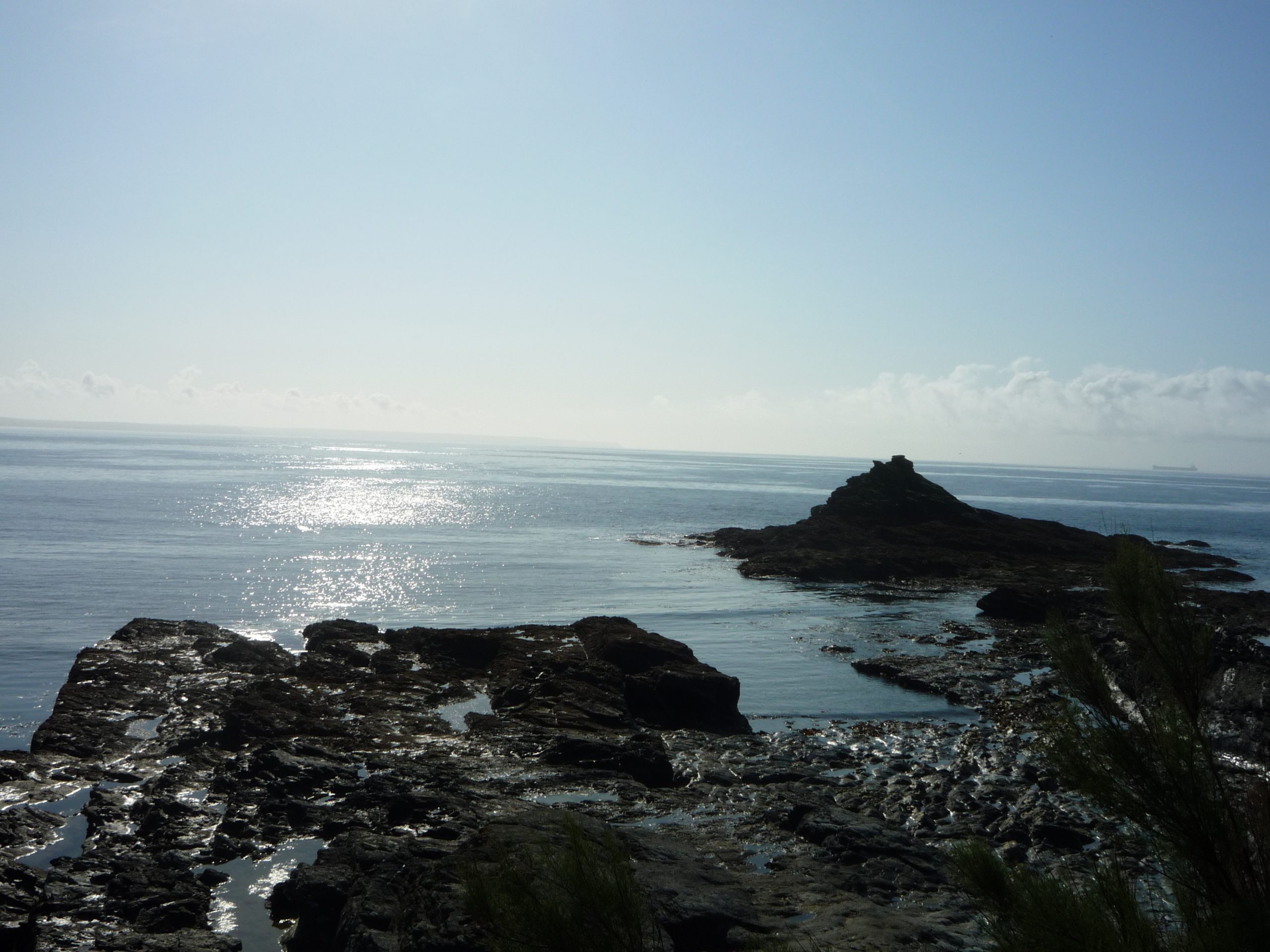 On my last evening in Prussia Cove, I was asked to say a few words after supper about the guiding ethos of the place as envisaged by violinist Sandor Vegh, who started the International Musicians’ Seminars forty years ago.
On my last evening in Prussia Cove, I was asked to say a few words after supper about the guiding ethos of the place as envisaged by violinist Sandor Vegh, who started the International Musicians’ Seminars forty years ago.
I stood up in the dining room by candlelight and reminisced about some of the things Sandor used to say when he was teaching in Prussia Cove. How he used the sea and the waves as illustration of natural movement, reminding us that there are no straight lines in nature, that by the sea it is easy to understand that everything changes, that nothing is ever the same twice, that material is gradually transformed.
How he spoke about the changes that were coming over a new generation of players intent on presentation and projection above all. How he feared that an old European tradition, of inflecting the music so that each little phrase seems to ‘speak’ to us, was at risk of being lost. How important it was to understand that if music is to represent life, it must contain ugliness as well as beauty, frailty as well as strength, whispers as well as shouting, humour as well as seriousness. Vegh himself was taught by Hubay who was taught by Joseph Joachim, Brahms’s great friend. Vegh regarded himself as two steps away from Brahms, and he reminded us that we were just one more step away. We should never forget that we were the next link in the chain, and we should never forget how to speak that musical language.
Listening to me were a number of fine young musicians who never saw Vegh, or heard him play or teach. Afterwards, they told me that almost everything I said was new to them. This came as a shock to me. I had assumed that amongst the folk who go to the seminars at Prussia Cove, there’s a firm grasp of Vegh’s principles. Older musicians transmit the ideas to younger ones by playing in chamber groups with them, rehearsing and talking things through.
But in fact it is twenty years since Vegh was last there, and fifteen since he died. Although his name symbolises a great deal, it turns out that what he actually said is unknown to some of today’s participants. They knew he represented something special, but not much more than that about him. So to mention a few of his ideas, and to have that reaction of surprise and pleasure, was a learning experience for me and for some of my colleagues. It made us realise that perhaps we have to take more care to transmit Vegh’s ideas explicitly, and not take it for granted that everyone already knows them, even in the seminar that he founded.




I was there when you spoke on the last evening. You spoke so eloquently and I was glad you gave such gracious thanks, on behalf of us all, to Hilary. Remembering the musical ideals of Vegh is so important to carry through in performances. Special thanks for your wonderful playing in the Antonín Dvořák Piano Quartet on Friday. It was an exciting performace by the whole group.